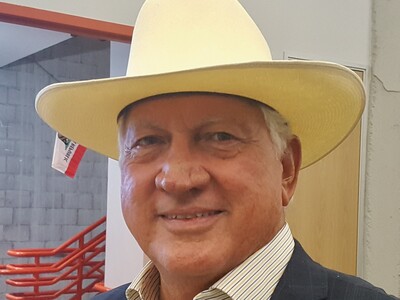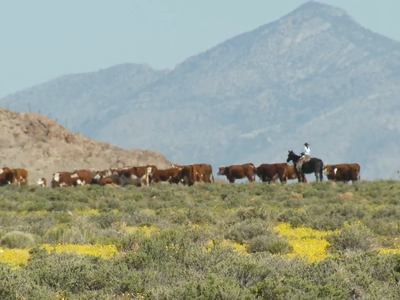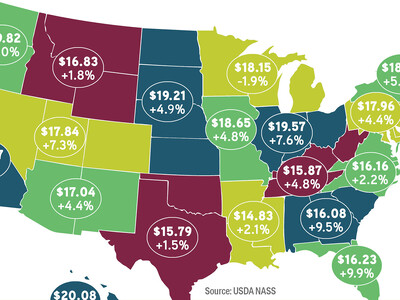6-15 IAN Renewable Fuels
The U.S. needs to jump on the renewable fuels bandwagon if it wants to end its dependence on foreign oil.
Whether it’s the situation in the Gulf of Mexico, concerns about the Middle East or discussions about climate change, oil is definitely a hot topic these days.
American Farm Bureau Economist John Anderson: says it would seem like this would be the perfect time for renewable fuels to step in, but it’s not that easy. I think it’s difficult to say exactly what the fall out will be from what’s going on in the Gulf, but it looks like it’s hard to argue that the long-term outcome of this is anything other than more pressure on oil prices to go higher. It’s probably going to restrict where we can look for oil and how we can look for oil and the cost of extracting that oil. The question is how do we make that transition? that’s always the difficult part of things because renewable production is very capital intensive, requires a lot of investment, requires a lot of up front risk taking.
Currently gasoline can contain up to 10 percent ethanol, one type of renewable fuel. The ethanol industry already produces almost enough to blend with all the gasoline in the nation, meaning it has little room to grow. And many say there is not enough incentive to invest in newer varieties of renewable fuels. We really can’t let up on this issue and say, “Well, we’ve done renewable fuels. Let’s move on to something else.” I think that’s the wrong attitude. We’ve got to take a longer view of this issue and constantly evaluate what the needs are and what the opportunities are and try to make sure that we’ve got the set of policies in place that really make sense for where we are and for what we need, again, long run.














